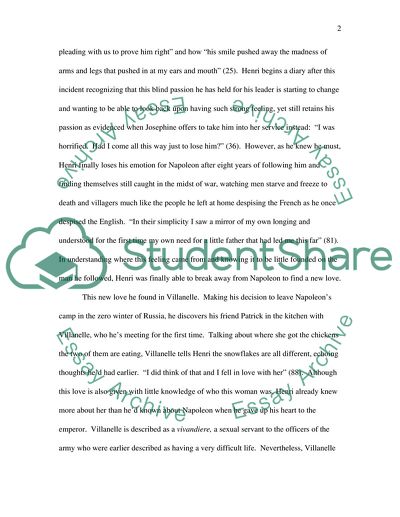Cite this document
(“The Passion by Jeanette Winterson Essay Example | Topics and Well Written Essays - 1500 words”, n.d.)
The Passion by Jeanette Winterson Essay Example | Topics and Well Written Essays - 1500 words. Retrieved from https://studentshare.org/literature/1535600-the-passion-by-jeanette-winterson
The Passion by Jeanette Winterson Essay Example | Topics and Well Written Essays - 1500 words. Retrieved from https://studentshare.org/literature/1535600-the-passion-by-jeanette-winterson
(The Passion by Jeanette Winterson Essay Example | Topics and Well Written Essays - 1500 Words)
The Passion by Jeanette Winterson Essay Example | Topics and Well Written Essays - 1500 Words. https://studentshare.org/literature/1535600-the-passion-by-jeanette-winterson.
The Passion by Jeanette Winterson Essay Example | Topics and Well Written Essays - 1500 Words. https://studentshare.org/literature/1535600-the-passion-by-jeanette-winterson.
“The Passion by Jeanette Winterson Essay Example | Topics and Well Written Essays - 1500 Words”, n.d. https://studentshare.org/literature/1535600-the-passion-by-jeanette-winterson.


